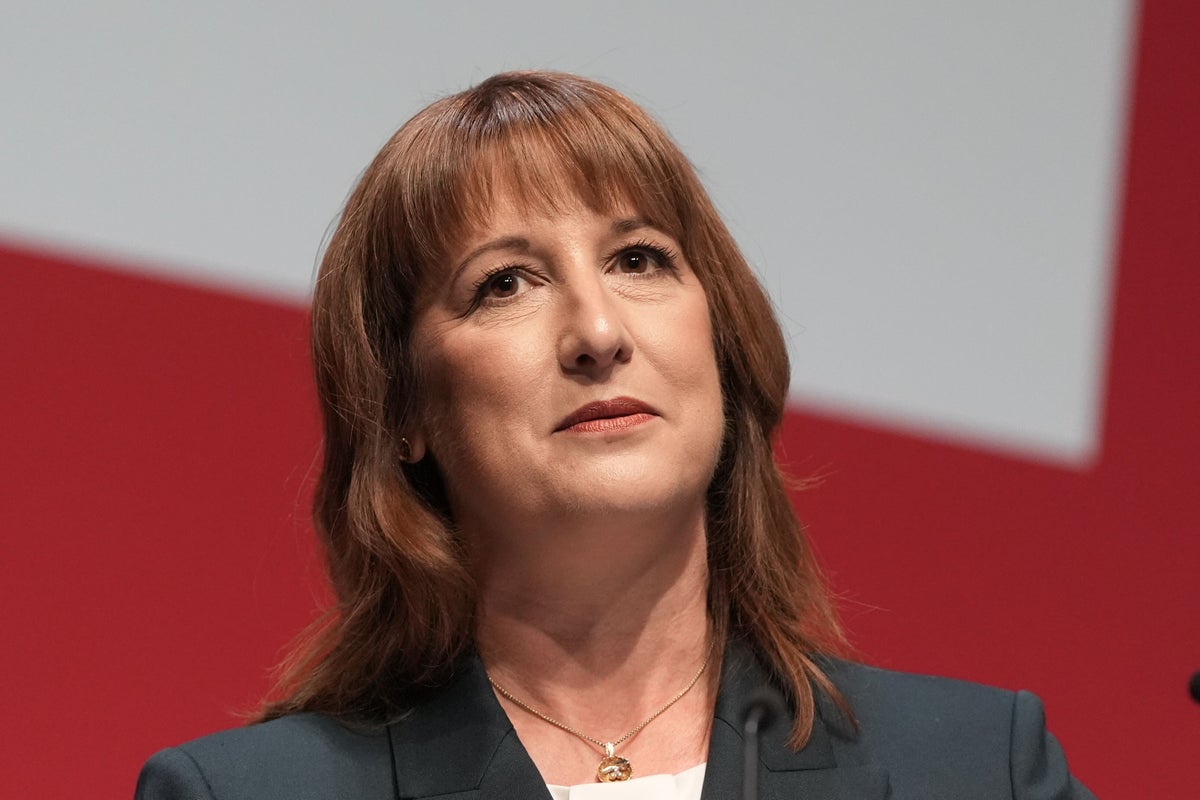Chancellor Rachel Reeves has admitted to not obtaining a required “selective” rental licence for her south London home when she moved to No 11 Downing Street.
Ms Reeves said it was an “inadvertent mistake” and apologised for the error, saying she has now applied for the licence.
Here, the PA news agency looks at what the rules are and the possible consequences of not having the right licence.
– What is selective licensing?
Local authorities in England and Wales have the power to introduce a licensing scheme covering all privately rented properties in a certain area.
It is designed to safeguard tenants against landlords letting out poorly-maintained properties, but it also might be introduced because of concerns about persistent anti-social behaviour problems in rental homes.
If a private landlord wants to rent out a property in that designated area then they have to apply to obtain a licence.
Local authorities must contact people in the area to make them aware if there are plans to introduce the scheme, and they should display information about it on their website.
But it is the landlord’s responsibility to apply for a licence if they need one, even if they are advised by a letting agent to manage their property.
– Do the rules vary from place to place?
Yes, each local authority will have different rules in place and requirements for privately rented homes in the area.
Get a free fractional share worth up to £100.
Capital at risk.
Terms and conditions apply.
ADVERTISEMENT
Get a free fractional share worth up to £100.
Capital at risk.
Terms and conditions apply.
ADVERTISEMENT
According to analysis by the National Residential Landlords Association (NRLA), there are 47 local authorities that operate selective licensing schemes in England.
The fees for obtaining a licence will also vary, although the national average is around £700 per property and each scheme can last for up to five years, according to research by Direct Line.
The London borough where Rachel Reeves was renting out her home, Southwark, has a selective licensing regime in place for designated areas across the borough.
This means it has an enforcement policy for people who need a licence and do not get one.
– What happens if you do not get a licence?
If a property does not have the correct licence, then a landlord and letting agent could be charged penalties or face prosecution.
This could be an unlimited fine or a financial penalty of up to £30,000 per offence.
Landlords could face a rent repayment order being made against them – meaning they would have to repay rent that was collected during the period that the property was unlicensed, for up to a year.
– Does selective licensing improve living standards?
Chris Norris, the NRLA’s chief policy officer, said: “The first priority for any landlord is ensuring the properties they rent are safe and meet all required standards.
“Whilst selective licensing might play a part in ensuring standards, it should not be seen as a panacea.
“NRLA data shows that there is no clear link between a council having a licencing scheme and improved levels of enforcement against rogue and criminal landlords.”

